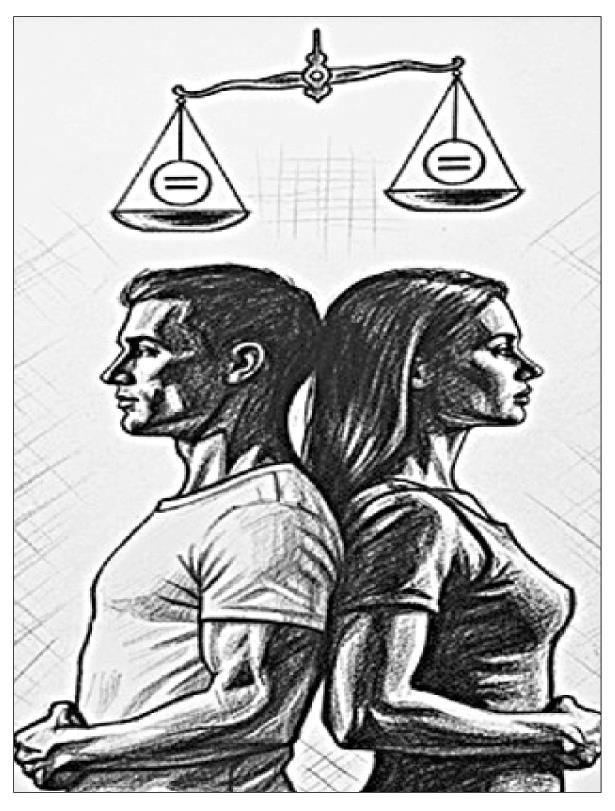Rethinking equality
2025-09-01
A CASUAL debate with friends on gender equality quickly turned heated recently.
The boysinthe grouparguedthatit was a Western concept, while the girls countered with biological comparisons and references to economic imbalances.
This exchange, which ultimately went nowhere and convinced no one, pushed me to trace the origins of the idea.
Plato, in The Republic, was among the earliest thinkers to argue that women deserve the same education and opportunities as men.
Similar arguments later appeared during the Islamic golden age when Al-Ghazali, in Ihya Ulum al-Din (The Revival of the Religious Studies), and Ibn Rushd, in Tahafut-al-Tahafut (The Incoherence of the Incoherence),rejected the notion ofwomen as a community of `breeders` emphasising their equal intellectual and moral capacities aw well as their role in governance, philosophy and education.
Islam itself was the first codified universal system to guarantee women property and inheritance rights. Centuries later, Mary Wollstonecraft, known as the mother of feminism, echoed these ideas in the late 18th century in A Vindication of the Rights of Woman.
The conclusion, at least to me, is obvious: as far as fundamental rights are concerned, men and women are equal and must be treated as such. Confusing biology with rights only distorts the debate.
Men, for instance, have higher levels of testosterone hormone that make them stronger, but certainly not superior.
Likewise, some studies suggest women may have higher neural connectivity.
Does that make them intellectually superior to men? No. Gender equality is neither a Western import nor a biological issue; it is a universal principle. Period.
Abdullah Ali Karachi




